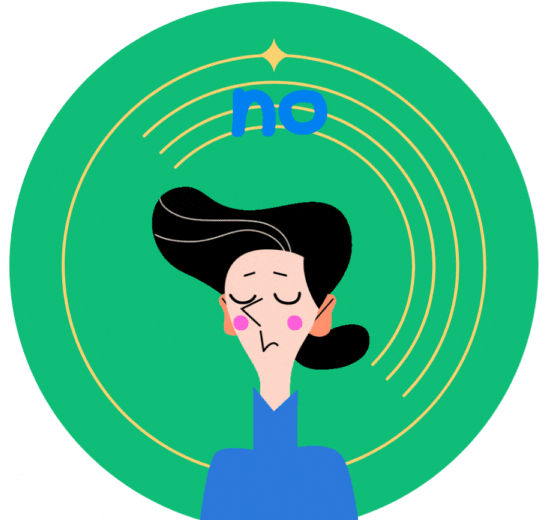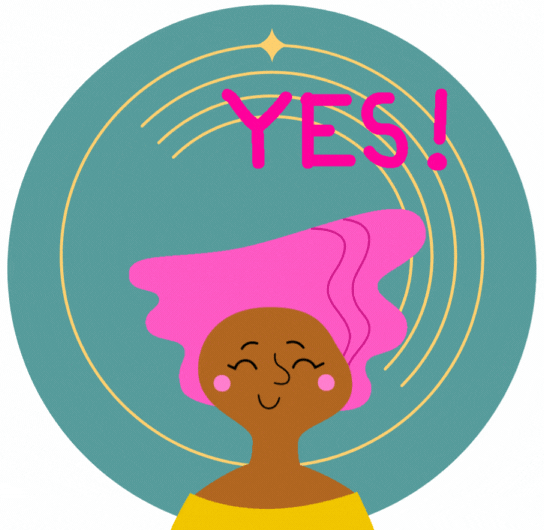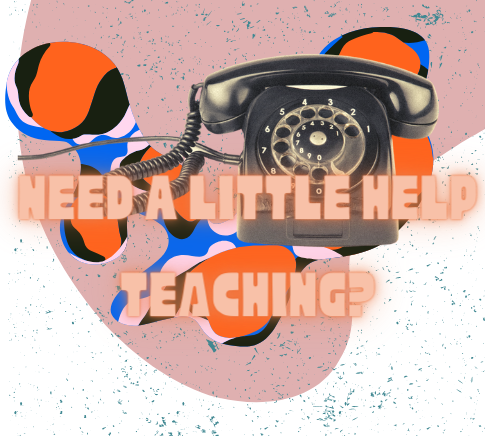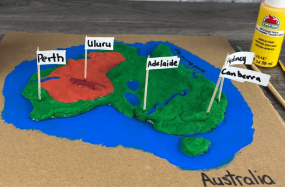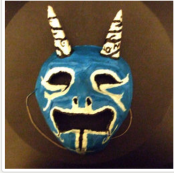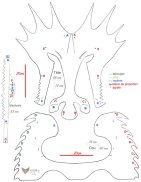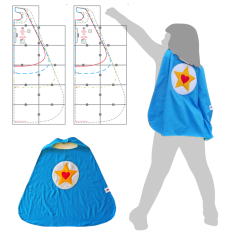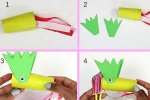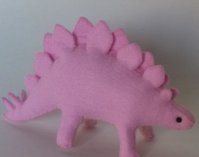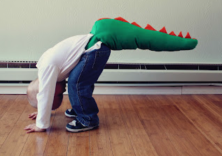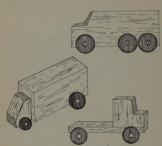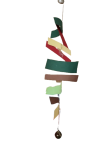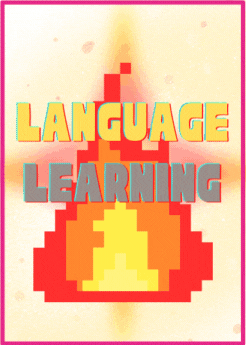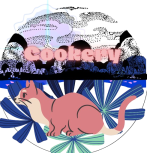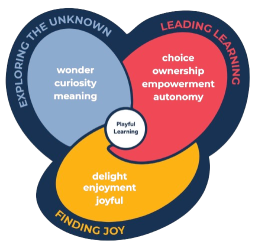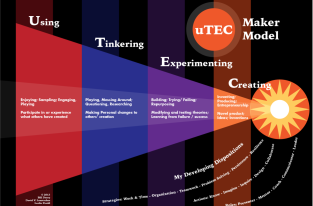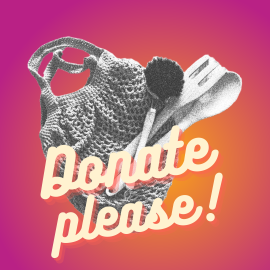Resourcefulness
What does it mean "Teach Resourcefulness"?
Resourcefulness Defined
Resourcefulness is the ability to find quick and clever ways to overcome difficulties. It involves using what you have available, rather than what you might wish you had, to achieve a desired goal. It's not just about physical resources, but also about using your ingenuity, creativity, and adaptability. One aspect of these experiential learning projects is the idea that you don't have to define the final product! Allow to explore the material on their own, build small things together, before allowing for more practice on their own. The more free they are to explore, both these projects and the world, the more self-driven and able to manage themselves they will be - [Less-structured time in children's daily lives predicts self-directed executive functioning, says Barker et al ](Less-structured time in children's daily lives predicts self-directed executive functioning?target=_blank)
Project-Based Learning
Is Project-Based Learning for Me?
Start by asking yourself is letting my kid make a mess and create something with their own hands, is that valuable? Do kids learn better by making and doing? Click your answer:
Allocate a weekly or monthly art budget. Don't spend too much on things, because when it comes right down to it, kids play with some things for a long time and others for a short time and you will never know which is which. Instead of filling your house with unused toys, create and make memories.
Consider how you create. Do you only do it on the computer? How do you challenge yourself? When? What is stopping you from getting down-and-dirty? Whatever it is that is holding you back, consider preparing a space (outside to begin with), then set a time before shower/bath, and let your child/ren get dirty for a set time. Start with 20 minutes Messy Time. Start small- shovels, dirt and water. Mud pies, mud pizzas, mud smoothies. Place an order and let them play. If this was doable, try an art project that might be messy, like finger painting. Water-based paints, or make your own with flour, salt, water and food coloring. Get messy making it, get messy using it. Remember that clean up time is part of the fun!
A huge part of project based learning is to start with the most simple project and when interest is shown, move to a harder project. Also, the less you do in each project the better - even if you see frustration and struggle! Learn about the need for struggle here
Trying to do the projects and meeting with resistance? Trying to connect, but having trouble getting attention from your child or focusing on the task at hand? Learn some steps that can help, about temperaments, and modeling behaviors.
Maps
Costumes
Puppets
Sewing
Woodwork
Mobiles
Language Learning
Why learn a language? It is a type of resourcefulness that uses what you do know of the foreign language to communicate. It teaches communication, a global perspective, and cultural awareness.
Cooking & Baking
Made it to three levels of difficulty:
- Level 1: Instant gratification
- Level 2: Required patience and or repetitive motions
- Level 3: Medium difficulty
 Trying to do the projects and meeting with resistance? Trying to connect, but having trouble getting attention from your child or focusing on the task at hand? Learn some steps that can help, about temperaments, and modeling behaviors.
For children with disabilities or neurodivergence find extra support. Isolation will only make every problem more difficult; this is true for depression as well as other medical conditions.
Trying to do the projects and meeting with resistance? Trying to connect, but having trouble getting attention from your child or focusing on the task at hand? Learn some steps that can help, about temperaments, and modeling behaviors.
For children with disabilities or neurodivergence find extra support. Isolation will only make every problem more difficult; this is true for depression as well as other medical conditions.
Interested in More?
Read the Pedagogy of Play - how to bring play to the classroom and WHY
Pedagogy of Play is about the classroom, but learning through playis right for all children!
